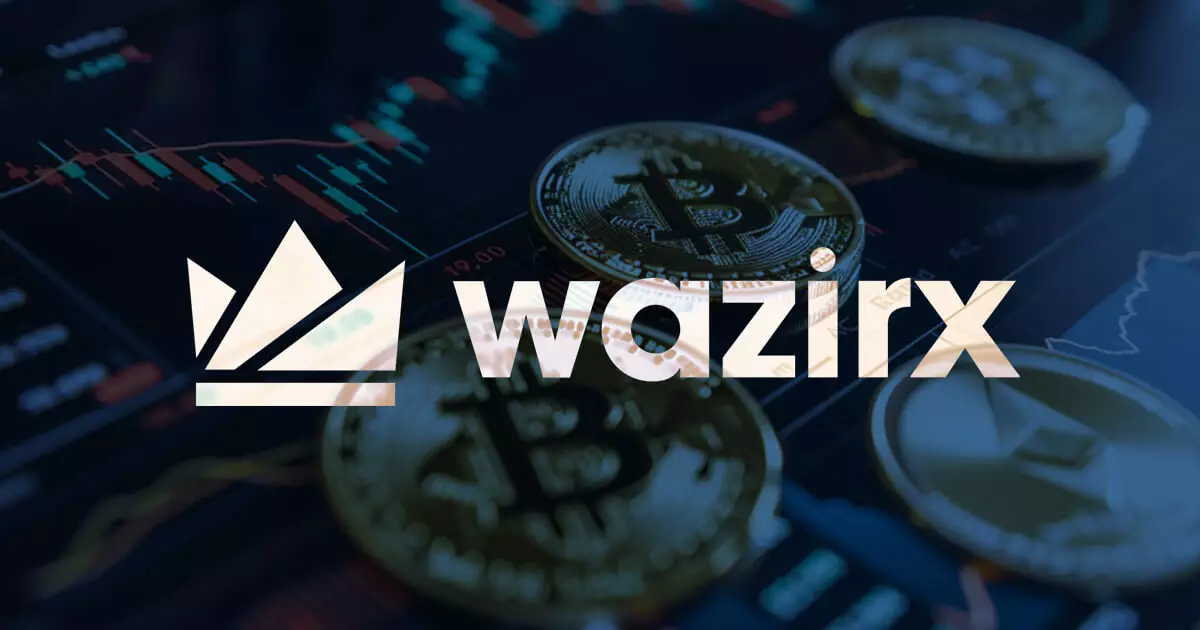In the ever-evolving landscape of cryptocurrency exchanges, WazirX’s recent announcement to launch a decentralized exchange (DEX) marks a significant shift in its operational strategy. Following a staggering $235 million hack attributed to North Korea’s Lazarus Group, the urgency to enhance security protocols has never been more pressing. This incident, which exposed a vulnerability in WazirX’s multi-signature wallet, shocked the crypto community, prompting discussions about the viability of centralized trading platforms. The co-founder’s statement that the DEX would allow users full control over their assets indicates an intention to eliminate counter-party risks and restore user confidence in the platform.
The breach that occurred in July 2024 has raised alarm bells among crypto enthusiasts and investors alike, not just for WazirX but for all centralized exchanges. Notably, the hack leveraged Tornado Cash, a privacy-focused tool that obfuscated the flow of funds, complicating recovery efforts. The fallout was severe, with hundreds of thousands of users directly affected and a growing sentiment of distrust toward centralized platforms. WazirX’s initial response involved freezing a significant portion of user balances, a decision that backfired spectacularly and spotlighted the criticism of how centralized exchanges manage crisis situations. Accusations of “socializing losses” emerged, revealing deep frustrations among users who felt the repercussions of the breach were unfairly shifted onto them.
In a bid to quell the growing anger and dissatisfaction from users, WazirX swiftly reversed its strategy in August, restoring account balances to their pre-hack statuses. This decision reflects a recognition that maintaining user trust is paramount for sustaining operational integrity. Their approach aims to level the playing field for all impacted users, particularly those who were drawn into a complicated situation as a result of the exchange’s lapses in security. By nullifying trades made post-hack and restoring balances, WazirX sought to demonstrate accountability, even as it continues to grapple with broader questions about platform security.
The planned introduction of the decentralized exchange is not merely a reactionary measure; it reflects a paradigm shift likely to resonate throughout the cryptocurrency ecosystem. As traders become increasingly skeptical of centralized exchanges, WazirX appears poised to lead a movement towards decentralized models that promise enhanced user autonomy. The new DEX will empower users by ensuring they maintain complete control over their assets, effectively nullifying a significant risk associated with current custodial systems. Empowerment will also manifest through the DEX’s governance token which is aimed at allowing user participation in decision-making processes, fostering a community-driven approach to exchange management.
While WazirX attempts to redefine its framework for trust, it must also address the underlying issues of accountability that continue to plague its reputation. The back-and-forth blame game with its former custody partner, Liminal, underscores the complexities inherent in discussions surrounding security and operational practice failures. This discord leaves customers feeling unsettled, as both parties wrestle with the ramifications of the breach, rather than providing the clarity and reassurance that users desperately need. The path forward requires not just technological innovation but also robust internal governance and responsibility to regain user faith.
As WazirX sets its sights on implementing a decentralized exchange by early 2025, the implications of this move extend beyond its platform. It may predicate a larger trend among exchanges, as user demand for security and decentralization grows. The ecosystem is at a crossroads, where the principles of decentralization may soon take precedence over traditional, centralized trading models. WazirX’s commitment to evolving in sync with the needs of its community reveals not just a desire to recover lost trust, but a willingness to lead in paving a secure, user-centered future for cryptocurrency trading. In navigating these unchartered waters, WazirX could very well redefine what it means to engage in a digital economy that prioritizes transparency and user empowerment.



















Leave a Reply